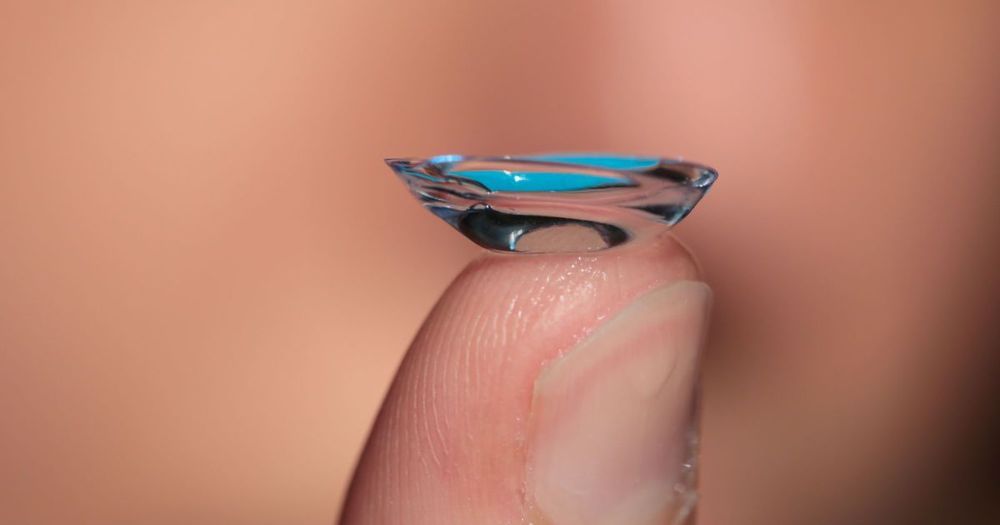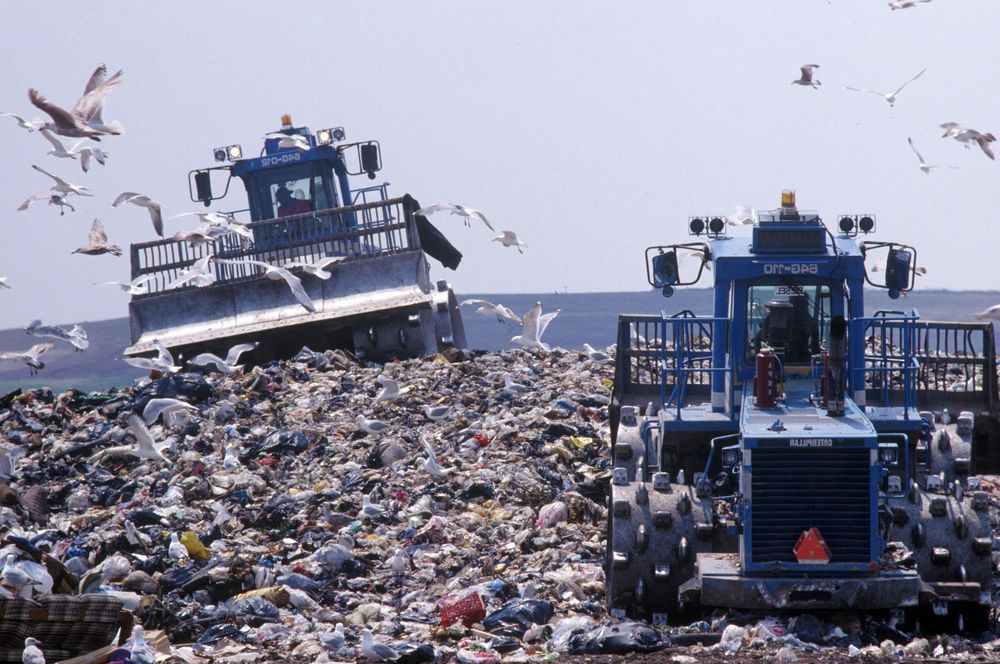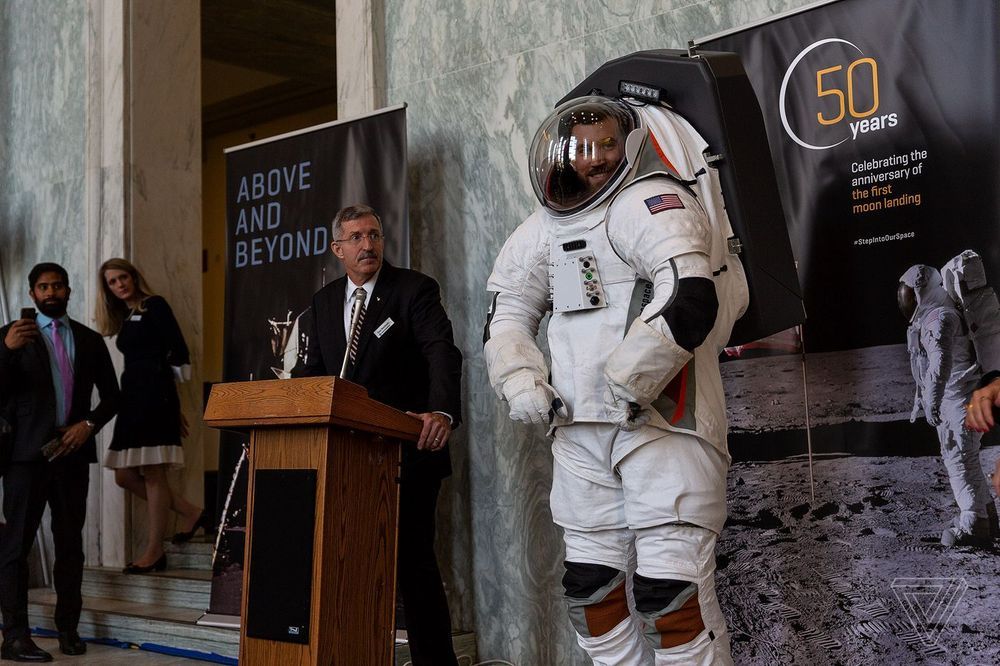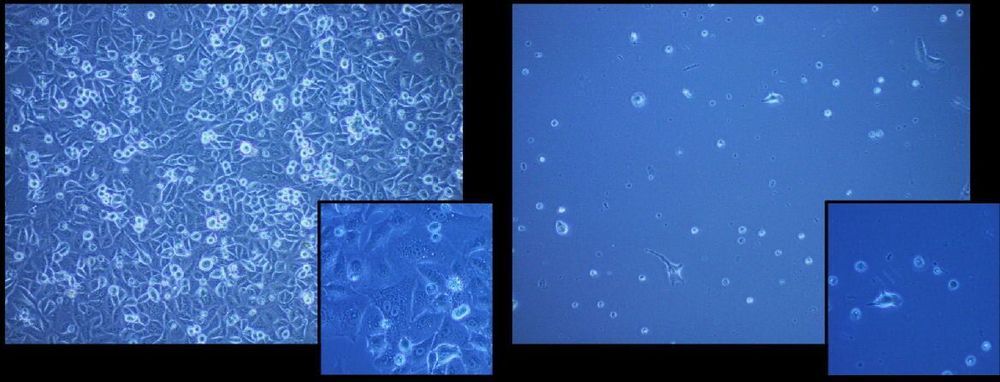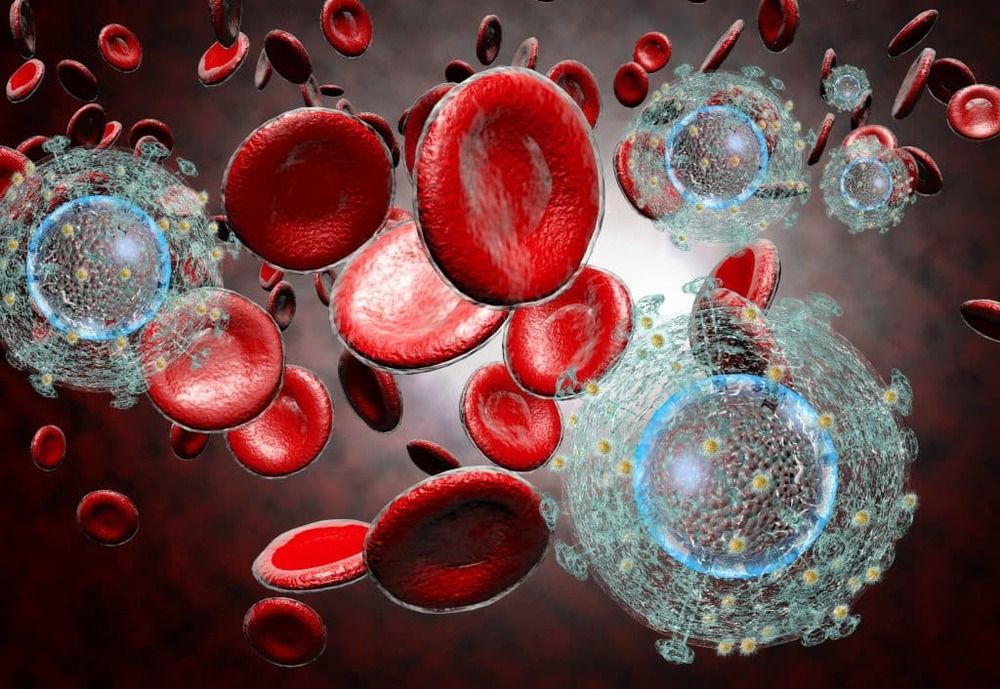Page 8481
Jul 30, 2019
Scientists create contact lenses that zoom on command
Posted by Mike Ruban in category: futurism
Jul 30, 2019
America is drowning in garbage. Now robots are being put on duty to help solve the recycling crisis
Posted by Derick Lee in categories: economics, health, robotics/AI, sustainability
To tackle this environmental catastrophe, U.S. companies and researchers are developing AI-assisted robotic technology that can work with humans in processing plants and improve quality control. The goal is to have robots do a better job at sorting garbage and reduce the contamination and health hazards human workers face in recycling plants every day. Sorting trash is a dirty and dangerous job. Recycling workers are more than twice as likely as other workers to be injured on the job, according to a report at the University of Illinois School of Public Health. The profession also has high fatality rates.
The U.S. is facing a recycling crisis that is burying cities and towns in tens of millions of tons of garbage a day. The problem began last year when China, the world’s largest recyclable processor, stopped accepting most American scrap plastic and cardboard due to contamination problems, and a glut of plastics overwhelming its own processing facilities. Historically, China recycled the bulk of U.S. waste.
Contamination in the U.S. is high since recyclables are often dumped into one bin instead of multi-streamed or separated from the source. Now China has strict standards for recycling materials it will accept, requiring contamination levels in a plastic bale, for example, contain one-tenth of 1%.
Jul 29, 2019
Will Facebook’s Libra Change the Way the World Banks?
Posted by Vivek Jaiswal in category: bitcoin
KEVIN WERBACH is a professor at the Wharton School, University of Pennsylvania, and the author of The Blockchain and the New Architecture of Trust. Follow him on Twitter @kwerb.
Jul 29, 2019
This company says it has a lunar space suit that will be ready for NASA’s 2024 Moon mission
Posted by Klaus Baldauf in category: space
NASA is hyper focused on sending humans to the lunar surface by 2024, and those astronauts are going to need space suits to pull off the job — suits that the space agency currently doesn’t have. Now one company, with decades of experience making space suits for NASA, says it has an ensemble that could be ready by the agency’s ambitious deadline.
Jul 29, 2019
Freezing cells made safer thanks to new polymer
Posted by Paul Battista in categories: biotech/medical, cryonics, finance, life extension
Cell freezing (cryopreservation)—which is essential in cell transfusions as well as basic biomedical research—can be dramatically improved using a new polymeric cryoprotectant, discovered at the University of Warwick, which reduces the amount of ‘anti-freeze’ needed to protect cells.
The ability to freeze and store cells for cell-based therapies and research has taken a step forward in the paper “A synthetically scalable poly(ampholyte) which dramatically Enhances Cellular Cryopreservation.” published by the University of Warwick’s Department of Chemistry and Medical School in the journal Biomacromolecules. The new polymer material protects the cells during freezing, leading to more cells being recovered and less solvent-based antifreeze being required.
Cryopreservation of cells is an essential process, enabling banking and distribution of cells, which would otherwise degrade. The current methods rely on adding traditional ‘antifreezes’ to the cells to protect them from the cold stress, but not all the cells are recovered and it is desirable to lower the amount of solvent added.
Jul 29, 2019
Earth’s magnetic north pole is moving too fast for experts to keep up. Now scientists might know why
Posted by Alberto Lao in category: futurism
Scientists have modeled the jerks inside our planet’s core that cause magnetic north to go haywire. Accurate models of magnetic north inform our GPS.
Jul 29, 2019
CHIPSA and North Beach Clinic Launch new Coley’s CPG Treatment (Exclusive)
Posted by Paul Battista in categories: internet, media & arts
The U.S. Food and Drug Administration (FDA) currently has several ongoing trials testing immunotherapy cancer treatments like CPG and checkpoint inhibitor drugs. In fact, the internet was up in arms last year when Stanford University doctors cured 87 out of 90 mice with a “vaccine” that stimulated the immune system to attack cancerous cells. It was described as a “breakthrough treatment,” but the truth is, a very similar treatment was already being used to treat human patients at a hospital in Mexico.
CHIPSA Hospital, which is located in Tijuana, is an integrative immunotherapy hospital that offers patients access to several cutting-edge therapies and nutritional regimens. Many of our treatments have been long discounted by mainstream medical communities, only to be later approved and legitimized in the United States. CPG is one of them.
Dr. Anton Escobedo, the hospital’s medical director, said the clinical study was actually music to his hears. “When the study came out,” he said, “I was pleased to see they were using CPG. We have a lot of experience with a form of CPG so we weren’t surprised to see it work well in combination with checkpoint inhibitors. We love when science proves what we’re doing is right. 10 years ago, they wouldn’t even acknowledge it.”
Jul 29, 2019
Microsoft Invests $1 Billion in OpenAI’s Mission to Build Artificial General Intelligence
Posted by Genevieve Klien in categories: law, robotics/AI, transportation
But that always looked like a tall order when faced with stiff competition from tech giants like Google, IBM, and Amazon, all happy to pour billions into AI research. Faced with that reality, OpenAI has undergone a significant metamorphosis in the last couple of years.
Musk stepped away last year, citing conflicts of interest as his electric car company Tesla invests in self-driving technology and disagreements over the direction of the organization. Earlier this year a for-profit arm was also spun off to enable OpenAI to raise investment in its effort to keep up.
A byzantine legal structure will supposedly bind the new company to the original mission of the nonprofit. OpenAI LP is controlled by OpenAI’s board and obligated to advance the nonprofit’s charter. Returns for investors are also capped at 100 times their stake, with any additional value going to the nonprofit, though that’s a highly ambitious target that needs to be hit before any limits on profiteering would kick in.

